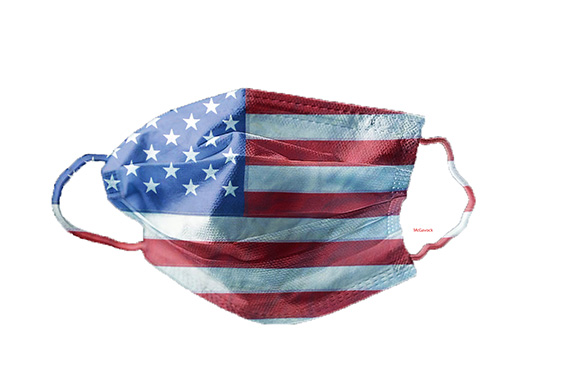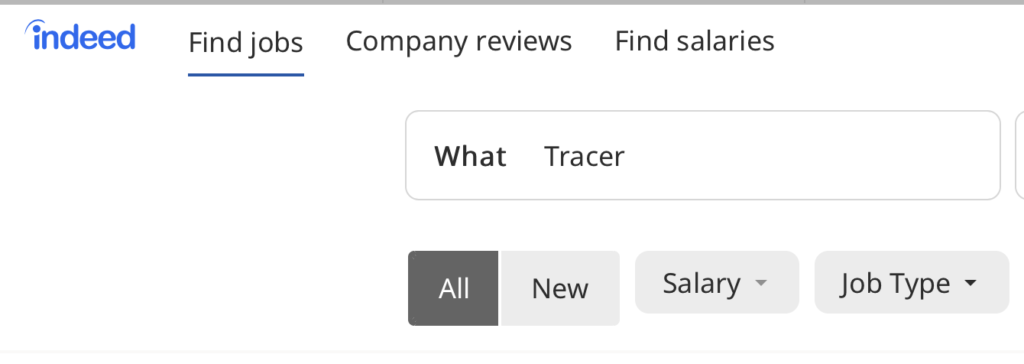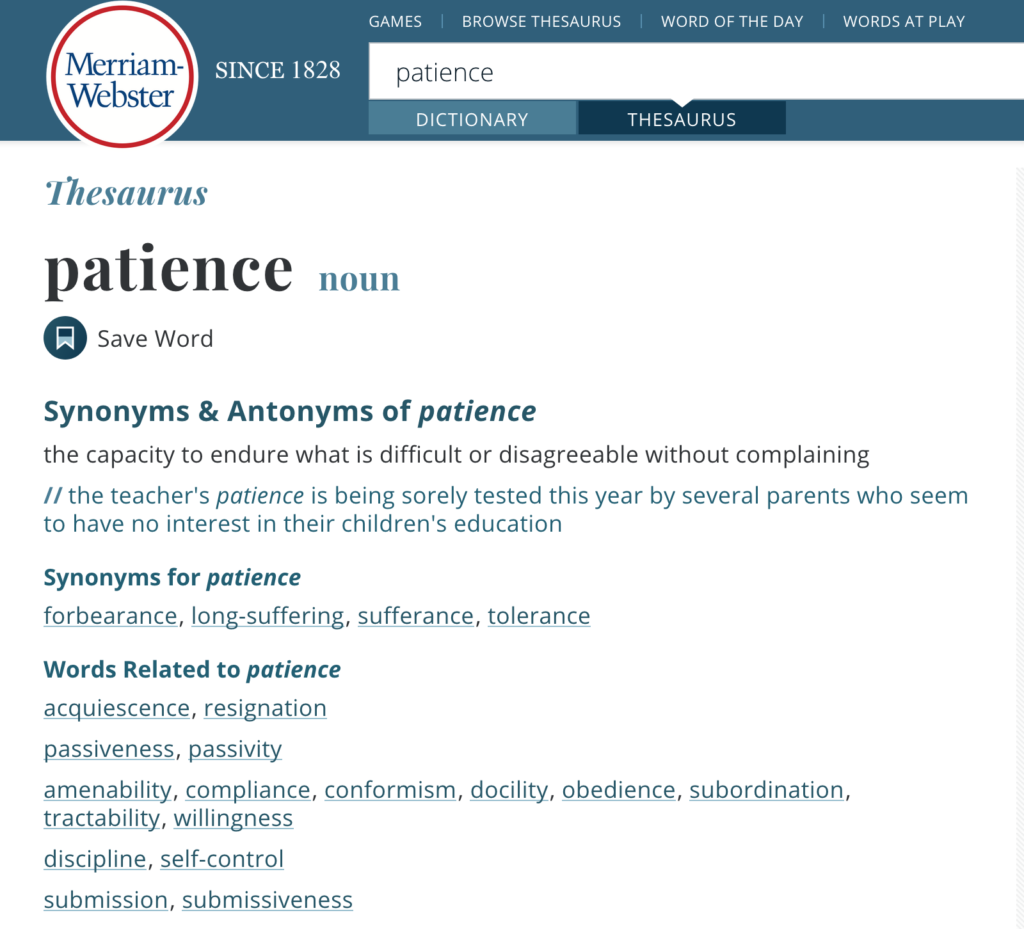The march to flatten the curve of Covid-19 infection continues with the inevitable twists and turns of human denial, bargaining, acceptance and adaptation. Sometimes it feels like progress, as though we are getting a handle on the disease and it’s many complications for living. At other times it feels hopeless, as though it will never end. We aren’t accustomed to being inconvenienced here in the US, even for an hour. We are like children in the car on family vacation, whining “Are we there yet!?”. The problem is, there are many stops along the way to a cure (18 months at the earliest). The stops; infection testing, antibody testing, symptom monitoring, social distancing and inoculation are coming slower and with more sacrifice than we would like. When we “get there”, the landscape, how we behave, how we structure public gatherings and how we plan our life will be very different.

Deny Science? at your own peril
The accommodations we make will be a negotiation between our desires/impulses/comfort/ideals and what promotes health for all. The balance is being negotiated in the courts and on the streets of America as I write. While healthy behavior is respected by 60-70% of the population, a minority feels that health and safety should not be the primary goal. In the courts, the right of people to assemble in church is being argued. Do people have the right to assemble for church if the assembly is contrary to public health? Some church leaders are arguing that if people can take a walk in the park, go to the grocery and hardware store, they should have the right to attend church services. They assert that states simply have no right to restrict their right to worship as they choose. They are ignoring the difference between the close assembly of a church and the open air, low density assembly in a park.
At state capitals people are protesting restrictions in movement. The motivation for the protests are diverse. Some decry the loss of jobs, business and income. Some simply don’t think the government has the right to make them isolate. Last week, stay-at-home protests took place in California, Michigan, Kentucky, Minnesota, Virginia, Utah, North Carolina and Ohio. On Sunday five other state including Colorado, Florida, Tennessee, Illinois, California, and Washington capitals saw protests. These protests are heavily represented by Trump supporters who have been emboldened by his calls to “liberate” their states from excessive stay-at-home orders. With news coverage as it is, this allows him to cover all the bases with his schizophrenic message. I digress…
There are no precedents for restricting people’s movement in the law. Does that mean that it shouldn’t be done – for the safety and long term security of our people and the economy.
Health experts agree that a long term recovery will require:
- A sustained, gradually modified, stay-at-home (SAH) effort. Modifying the SAH orders in accordance with infection data will increase the chances that new outbreaks will not occur. We need time to put other precautions (listed) in place. Republican and Democratic governors agree that their states still don’t have adequate supplies to respond comprehensively despite the presidents denials to the contrary. Our health cannot be driven by politics.
- Continued social distancing when you leave home. The 6 foot distance does not lend itself to sporting events, concerts, rallys, traditional church services and other large gatherings. The risk is greater when people sing, shout, exchanging fluids in the process.
- Tracking symptoms. While comprehensive testing of our population would be the ideal, tracking symptoms on a wide scale is necessary to understand the pattern of outbreaks.
- Reliable testing. The fact that people can be infected and infectious without symptoms, means that testing is crucial. We need to double or triple the current level of testing.
- Preparation for outbreaks. Our hospitals need to be outfitted with adequate supplies and space to respond quickly and safely to new outbreaks.
These precautions are accepted by public health experts, including the presidents advisors (and periodically by the president himself). And yet these precautions are white-washed by a very vocal albeit minority of opposition. Personally, I get lost trying to understand the motivation of people who deny these difficult but simple facts. I understand that the loss of income is devastating and motivates denial and rebellion. None of us want to stay home but we have to forgo our short term satisfaction for long term gain. What can be done?
Finding our way
The precautions (restrictions if you please) are non-negotiable. The sooner we face and enact them the faster we will recover our health and our economy. The question is not what but how can we negotiate our behavior within the boundaries of the restrictions. There are many examples of people doing just that. I submit that the energy of protests would be better spent figuring out how to work within these restrictions rather than railing against them. Here’s a short list:
Drive through – a truly American tradition. Since the advent of the automobile, people have found innovative ways to use their cars to eat, drink, watch movies, worship, marry, and procreate. In the throws of the pandemic we have added to the list of uses to get tested, check symptoms, “congregate” and pray,order take out food, and simply get out of the house. True, we have been asked to reign in the distance we travel, but this too will pass.
Shopping with distance and masks – While much is made about restricting our right to buy some products, shopping will slowly return as infection decreases. The face of shopping will (literally) change into the foreseeable future. I’m happy to see that all our stores in Colorado are enforcing masks with signs
Church assembly online and parking lots. It is difficult for me to feel sorry for people who complain that their right to worship is being denied. First of all, church is not a place or destination, but a state of heart and mind. The physical contact is important but must be weighed against the damage we may do to our community at large. Even if you disagree with my perspective on the meaning of church, suffice it to say that when we turn the corner on infection, this restriction will be modified. Until then, gather online, in cars, on the phone. Find support, communion, fellowship in any creative way you can. Many people are doing it across denominations, faiths and locals.
Here are some ideas for how to socialize while social distancing (from the Des Moines Register):
- Hold a virtual dinner party. Bring the webcam to the table and share a meal together.
- Browser extensions like Netflix Party allow you to sync up streaming shows and movies with your friends.
- Some video games, like Minecraft or Animal Crossing, allow players to play together remotely.
- The Marco Polo app allows users to send short videos to each other. It’s more personal than just a text message.
- Have a PowerPoint party: Each participant makes a presentation about a topic they’re passionate about and then presents it.
- Write a pen-and-paper letter. The postal system is still working, and there’s a certain charm to getting a letter in the mail.
- Have a cocktail party over video — you won’t have to get a ride home afterward.
- Start a book club over video or email.
- Livestream on apps like Facebook to read books or tell stories to kids. Your friends who are parents will thank you!
- Learn a new skill with friends. Crochet or paint watercolors together.
- If you’re musically inclined, hold a virtual jam session.
Right to Liberty is a right to Health
The right to liberty is the foundation of our country as stated in the 14 Amendment:
No State shall make or enforce any law which shall abridge the privileges or immunities of citizens of the United States; nor shall any State deprive any person of life, liberty, or property, without due process of law; nor deny to any person within its jurisdiction the equal protection of the laws.
Find Law
Acknowledging this, our (temporary and validated) restrictions on movement are at the foundation of life and liberty for without taking these measures, our states would be abdicating their responsibility for insuring both life and liberty. I realize that this is beside the point for people who are simply looking for a fight. That’s another story.
If you are interested, here is a summary of the state by state restrictions.


